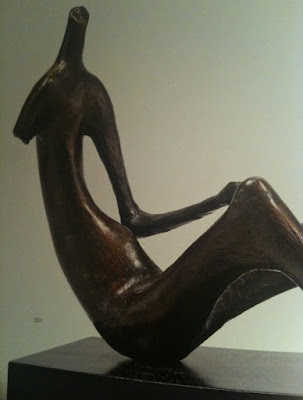Tengo
un granito de esperanza—
un
cristal chiquito que destella
colores
claros desde su transparencia.
Necesito
más.
Rompo
un fragmento
para
mandártelo.
Por
favor tomá
este
grano de un grano de esperanza
para
que la mía no se reduzca.
Por
favor compartí tu fragmento
para
que la tuya crezca.
Solo
así, por división,
la
esperanza va a aumentar,
como
una mata de lirios que deja de florecer
a
menos que distribuyas
las
raíces apiñadas, el origen insólito—
burdo
y cubierto de tierra—
de la gracia.
Versión en castellano de Sandra Toro
FOR THE NEW YEAR, 1981
I have a small grain of hope—
one small crystal that gleams
clear colors out of transparency.
I need more.
I break off a fragment
to send you.
Please take
this grain of a grain of hope
so that mine won’t shrink.
Please share your fragment
so that yours will grow.
Only so, by division,
will hope increase,
like a clump of irises, which will
cease to flower
unless you distribute
the clustered roots, unlikely source—
clumsy and earth-covered—
of grace.
©DENISE LEVERTOV (Poems
1972-1982, New Directions, 2001).




